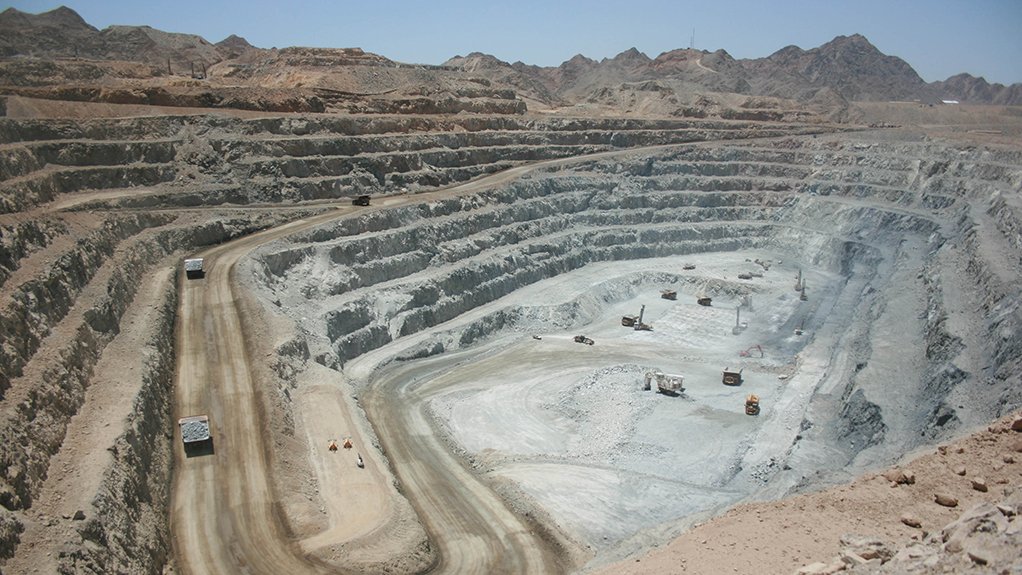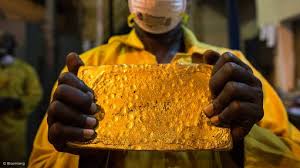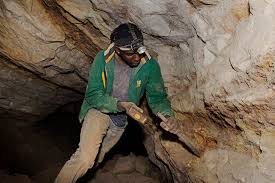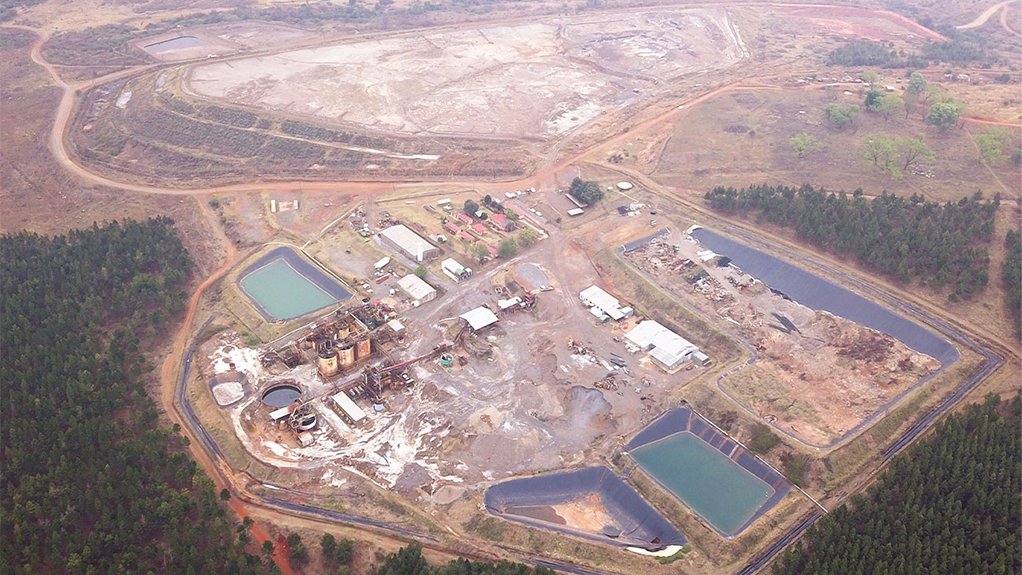Precious Metals

How Tanzania pulled ahead in small-scale gold mining

Tanzania has implemented significant reforms in its mining sector, creating a more transparent and supportive system for artisanal and small-scale miners. This strategic shift has enabled the country to pull ahead of regional neighbors by formalizing a previously risky and informal sector. The reforms have directly translated into substantial economic growth, with the mining sector's contribution to the national economy rising from 7.3% in 2021 to 10.1% in 2024.
A cornerstone of Tanzania's success has been the establishment of a formalized market structure. The government has set up 44 mineral markets and 114 trading centers, providing miners with safe locations to process ore and receive fair, transparent prices for their produce. This structured environment has increased traceability, which in turn has boosted government revenue from royalties and inspection fees to TZS 133.8 billion.
The enhanced documentation and formalization within the sector have unlocked crucial access to finance for small-scale miners. Local banks, now more confident in the sector's stability, provided TZS 187 billion in loans to miners between July 2023 and March 2024, a significant increase from TZS 145 billion in 2022. This access to capital has been a game-changer, allowing miners to invest in their operations and improve safety.
Tanzania's monetary policy has further strengthened the sector by requiring large mining companies to refine gold domestically and sell 20% of their output to the central bank. This measure has helped stabilize domestic prices and significantly increased the nation's gold reserves, with the Bank of Tanzania purchasing over 5,000 kilograms of refined gold worth approximately $550 million by mid-2025.
In contrast, Uganda's gold sector, despite being a leading exporter with $3.09 billion in exports in 2024, remains largely informal and contributes less than 1% to its GDP. The country has faced challenges with policy changes and administrative disputes, and miners cite cumbersome requirements like Environmental and Social Impact Assessment Studies as barriers to formalization.
While Uganda has made efforts to catch up, such as registering 7,000 artisanal miners and establishing regional offices, its reforms have lagged behind Tanzania's. Ugandan officials acknowledge the challenges and are working to reduce approval times and costs, but the country has yet to create a similarly stable and predictable environment for miners.
The key differentiator in Tanzania's success is the consistency and predictability of its policies. By providing reliable market access, clear regulations, and supportive infrastructure, Tanzania has transformed artisanal mining from a subsistence activity into a major economic driver, demonstrating a replicable model for other resource-rich nations in the region.












